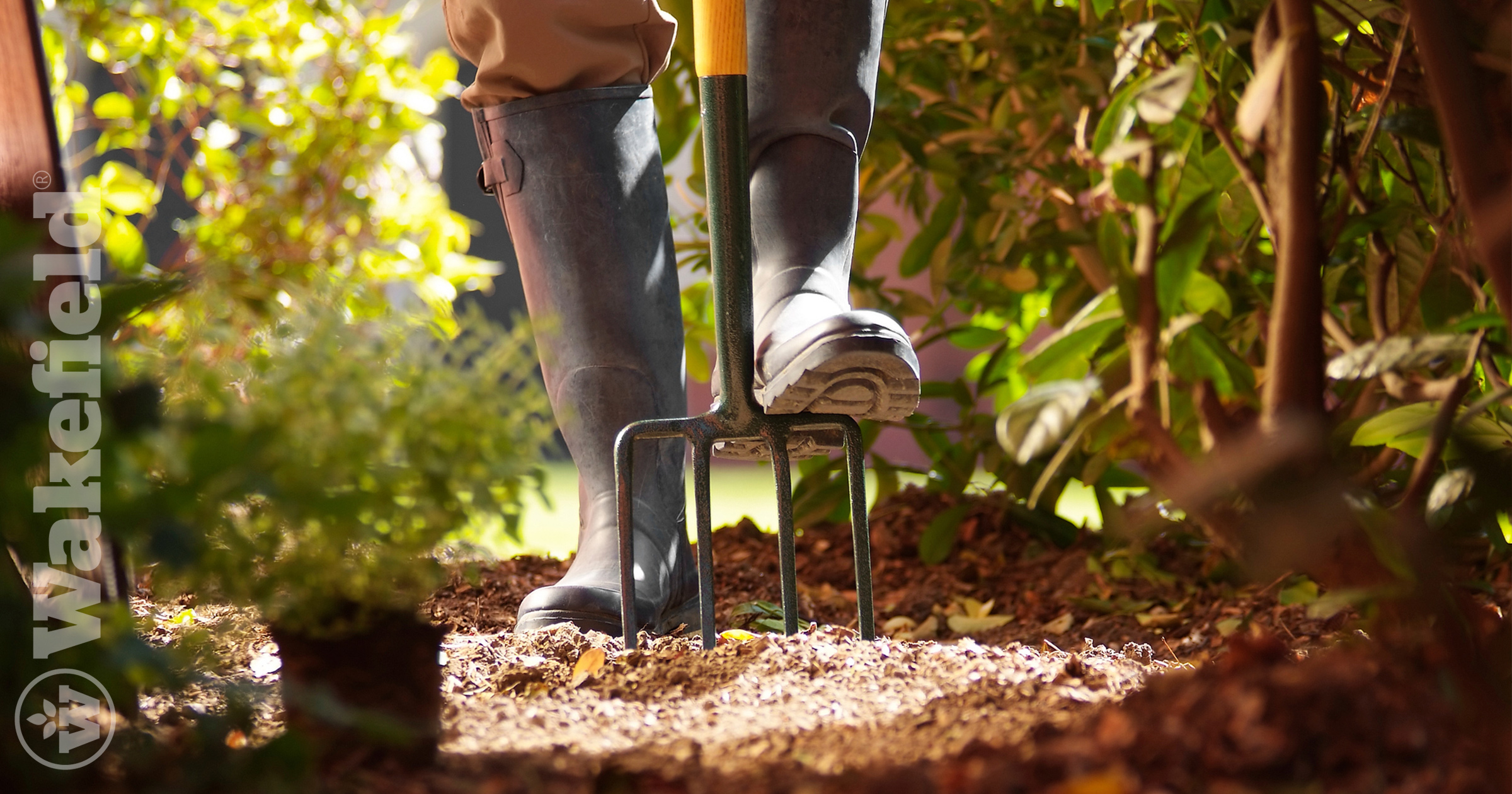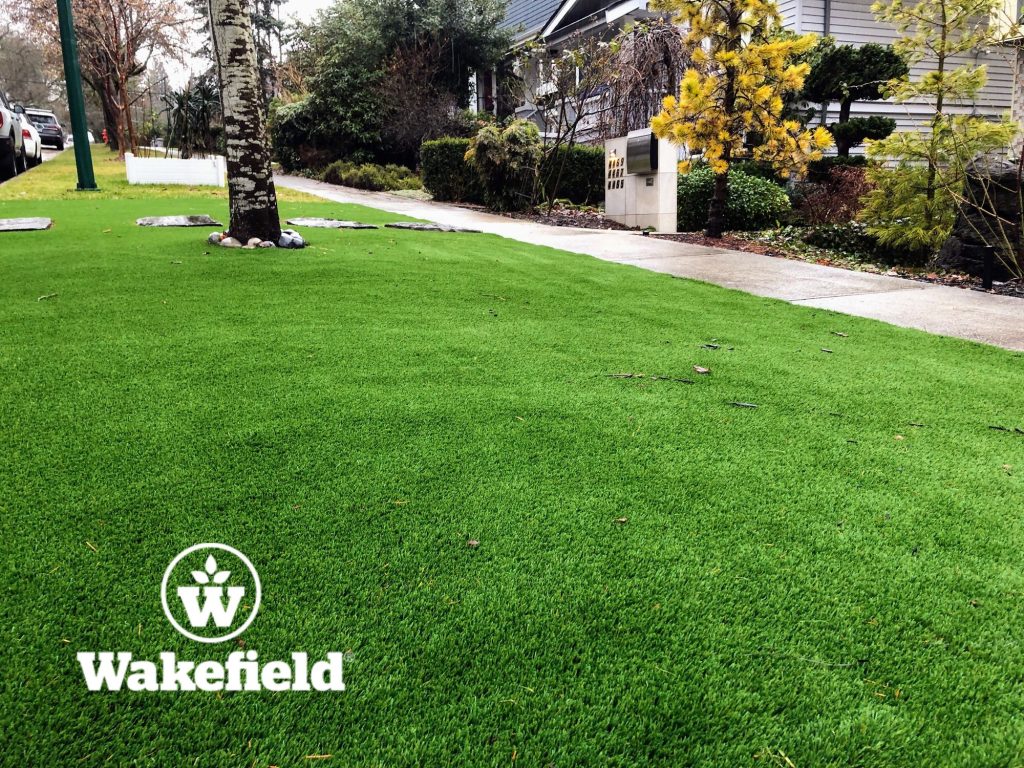Understanding Soil Health

Whether you’re a farmer, homeowner, or landscape professional, you understand that healthy soil is the foundation of strong, thriving plants. But what exactly makes soil “healthy”—and how does biochar play a role?
At Wakefield BioChar, we combine time-tested regenerative practices with scientific innovation to help you improve your soil naturally, reduce chemical inputs, and support long-term plant health.
🌱 What Defines Healthy Soil?
Soil is more than just dirt—it’s a complex, living system. A healthy soil profile contains:
- Organic matter to feed microbes and improve structure
- Minerals like phosphorus, potassium, calcium, and magnesium
- A robust microbial community that supports nutrient cycling
- Adequate pore space for air and water exchange
- Stable pH levels that allow plants to absorb essential nutrients
When these components are in balance, soil supports everything from root development to carbon cycling. However, disruption through over-tilling, chemical overuse, or poor water management can degrade these systems over time.
🧪 The Science Behind Soil Function
Soil health is largely driven by biological activity. Beneficial microbes, such as mycorrhizal fungi and nitrogen-fixing bacteria, form symbiotic relationships with plant roots. These microbes help unlock nutrients like nitrogen and phosphorus, which would otherwise remain unavailable.
A decline in microbial diversity can result in:
- Poor nutrient retention
- Weakened plant resistance to disease
- Decreased moisture-holding capacity
This is where biochar comes in.
🌍 Why Biochar Is a Soil Health Game-Changer
Biochar is a high-carbon, porous material made by heating organic matter in the absence of oxygen (a process called pyrolysis). It has been used for thousands of years to improve soil fertility—most notably by Indigenous cultures in the Amazon Basin who created rich, dark terra preta soils.
Key Benefits of Biochar:
| Function | Impact |
|---|---|
| Microbial habitat | Its porous structure provides refuge for beneficial microbes. |
| Water retention | Holds water like a sponge, reducing irrigation needs. |
| Nutrient retention | Binds nutrients to prevent leaching, especially in sandy or degraded soils. |
| pH buffering | Helps neutralize overly acidic soils, creating optimal conditions for plant growth. |
| Carbon sequestration | Stores carbon in soil for hundreds to thousands of years, reducing greenhouse gases. |
👉 Learn more in our What Is Biochar? article.
🔁 The Five Regenerative Soil Principles—And Where Biochar Fits In
- Protect the Soil Surface (Soil Armor)
Biochar helps stabilize topsoil and prevent erosion by improving structure and water infiltration. - Minimize Soil Disturbance
Combined with no-till practices, biochar creates long-term soil stability without disrupting microbial networks. - Maximize Plant Diversity & Living Roots
Biochar supports root systems and microbial partners that make plant diversity sustainable. - Integrate Livestock
In systems that include grazing, biochar can be applied alongside manure to enhance organic matter and nutrient cycling. - Continual Soil Improvement
Because biochar is long-lasting, it supports year-over-year gains in structure, fertility, and resilience.
📊 Real-World Results: Case Study Snapshot
In a field study conducted at a university agricultural center in the Midwest, applying biochar at a 10% soil volume:
- Increased corn yields by 14% over non-treated plots
- Reduced water usage by 25% due to improved retention
- Lowered nitrogen runoff when biochar was paired with compost
These findings align with global research from organizations such as the International Biochar Initiative and USDA-ARS, which continue to support biochar’s role in regenerative agriculture.
🌾 Wakefield BioChar: Your Partner in Soil Health
We offer a full line of biochar-based products, including:
- Soil conditioners for raised beds, lawns, and landscapes
- Compost infusions to enrich microbial life and nutrient density
- Custom blends tailored for different pH levels and plant types
Each product is backed by rigorous research and real-world performance. Our blends are crafted to support natural soil regeneration, with no synthetic additives.
👉 Contact us to learn which solution is right for your land.
🔚 Final Thoughts: Long-Term Soil Stewardship
Maintaining healthy soil isn’t a one-time effort—it’s a continuous journey. By following regenerative principles and integrating biochar into your soil management strategy, you’re creating an environment where your plants—and the planet—can thrive.
Let’s rebuild soil the smart way.
Let’s grow with Wakefield BioChar.








